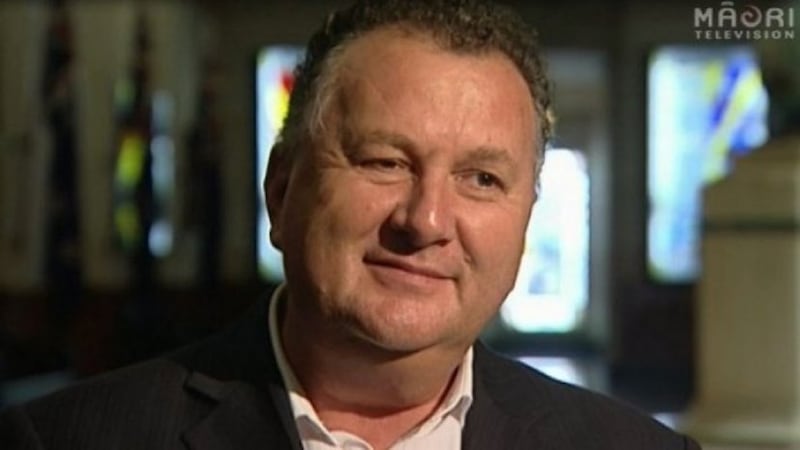An investment of up to $82.4mil from the Provincial Growth Fund (PGF) will go towards initiatives to grow skills and employment following an announcement by Prime Minister Jacinda Ardern this morning.
Ardern says part of the PGF planning is to create jobs which allow people the opportunity to take up work while supporting PGF-funded projects.
“We want to support people to learn the skills needed for local jobs while also helping employers meet their growing labour force needs.”
She says the government will be investing in two programmes that will support Māori and Pasifika rangatahi who are not in employment, education or training.
“We will set aside $60 million for programmes in five of the PGF’s surge regions (Northland, Bay of Plenty, Tairāwhiti, Hawke’s Bay and Manawatū-Whanganui), which face particular challenges including high unemployment, low wages, and lower productivity compared to the rest of New Zealand. An additional $20 million will be allocated to non-surge regions with the remaining $2.4m to support programme delivery.”
Regional Economic Development Minister Shane Jones adds that New Zealand's economy is growing and unemployment is at its lowest in a decade.
“Regional New Zealand deserves to share in the economic prosperity of a strong economy, and this funding will equip them with the skills and capability to succeed.”
However, in comments to Stuff, National Party leader Simon Bridges has repeated his view the government should be spending funds on more concrete concerns.
"Shane Jones is wasting his time up in Northland. He's given $30 million to Kaipara, that's nice. But what is required is serious infrastructure plans, like the four-lane highways that they've canceled," says Bridges.
However, Jones remains committed to the plan.
“The PGF was always intended to improve employment outcomes for people in the regions. By working with people and business, we’re making a real difference in the regions and supporting local communities to thrive.”

